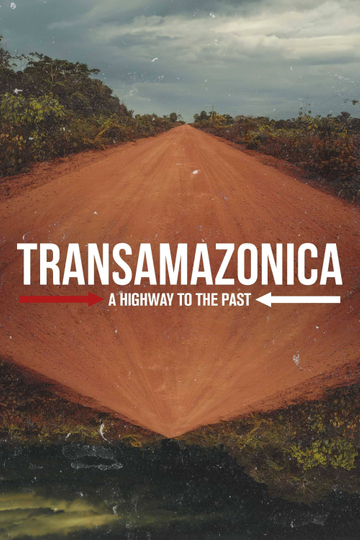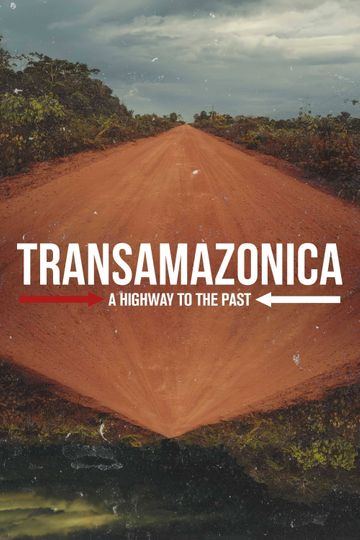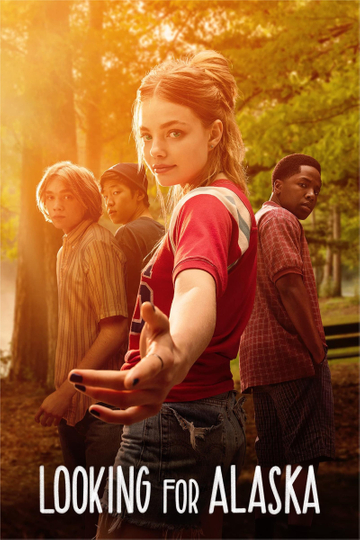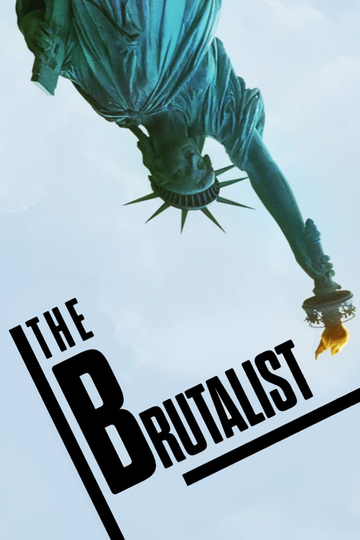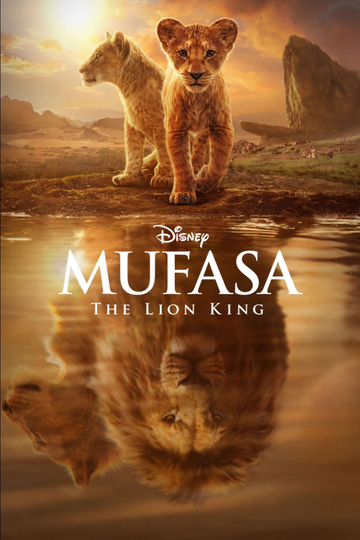Miniseries Episodes
1. It All Starts in the Northeast Sea
The opening episode introduces the history of the road and the socio-political context that led the military to set on the construction of a work that “should be seen from the moon”, even without knowing what the real impact of their actions would be; as well as the environmental and human consequences that continue to this day.
2. From Guerrilla War to Land War
Nowadays, entering the Legal Amazon via BR230 is disappointing since there is no forest there anymore. In this episode, we reveal the scars that the Guerrilha do Araguaia and the military repression left in the Bico do Papagaio region in the 1970s, a region that is still plagued by conflicts and remains at the top of the violence rates in Brazil.
3. A New Brazil Dream
We learn about the colonization project of the military government in Altamira, the heart of the road that tore the forest with its tractors. There it was recently built the Belo Monte plant, the most controversial project in the region. As we compare both projects, we reflect on these unsustainable development models that ends up destroying the original wealth of the forest.
4. Destruction Vectors
We will follow how the road accelerated the main drivers of forest degradation, predatory deforestation, illegal timber sales and mining. Based on the characters presented, the fourth chapter explores key themes for the fate of the Amazon rainforest, shedding light on the predatory actions that continue to be present.
5. On the Path of the Indians
In this episode we investigate the original men of the “land without men”. The stories of indigenous populations that historically have been in the shadow of major projects. Those who have been thrown off the road.
6. The Forest Imposes Itself and the Road is Abandoned
The past and the present meet at the end of the road, opening up weaknesses and contradictions. Going through the wildest stretch, the last episode of the series deals with the forest's victory over construction. The idea of progress makes its consequences visible: social disorder and endemic diseases, such as malaria. The final part of the documentary reflects on major development projects in the Amazon and promotes questions about the future of new ventures that intend to domesticate the largest tropical forest in the world.










